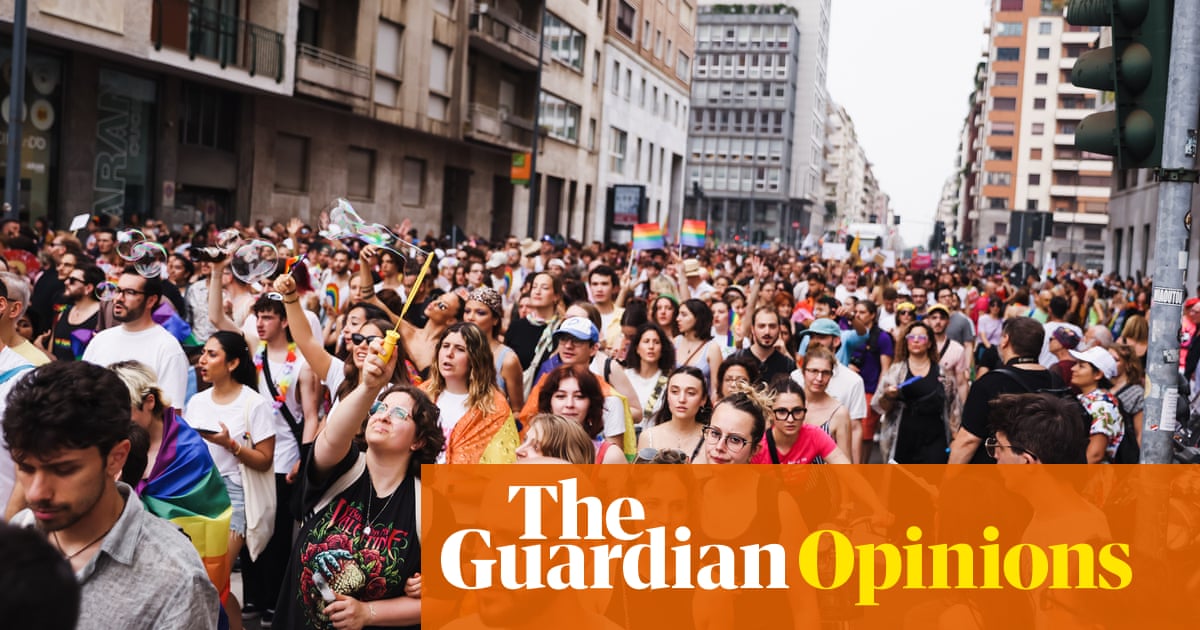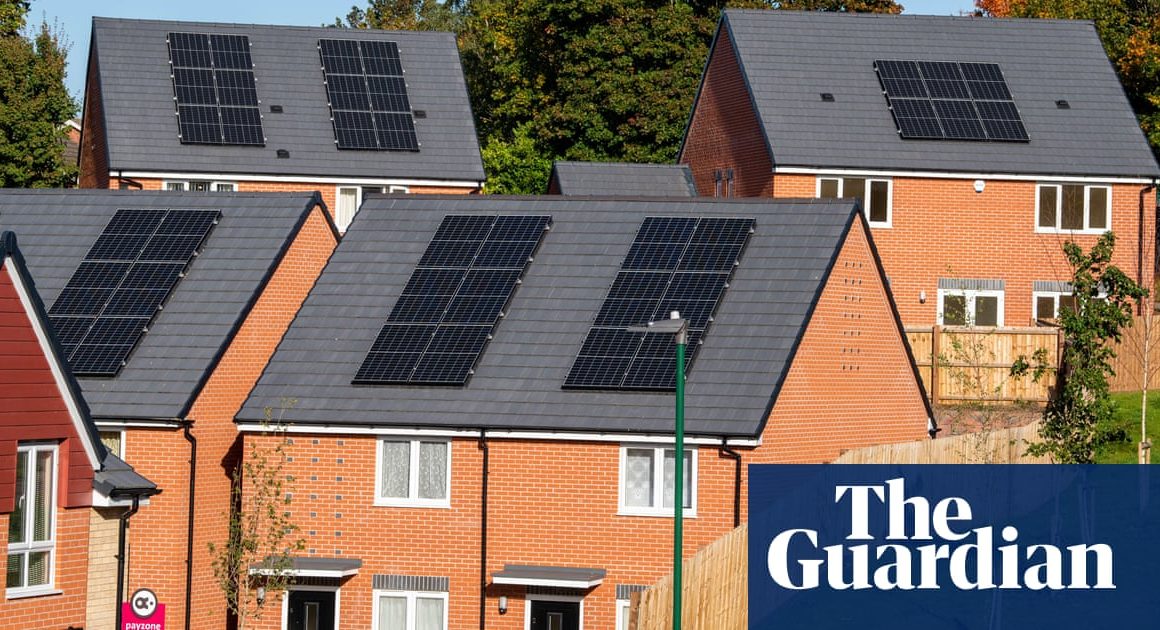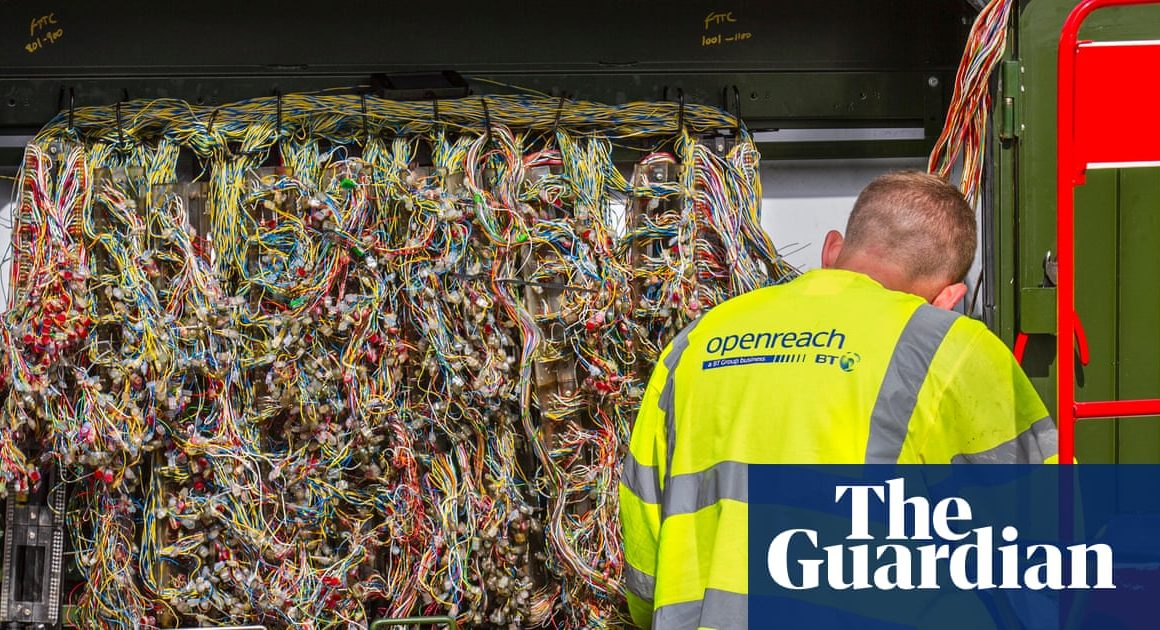I was chatting online the other day with a female friend who is undergoing IVF in Italy to have a child with her girlfriend. IVF for lesbian couples is not approved by law in Italy; instead, doctors have the power to decide whether to approve the treatment on a case-by-case basis.
My friend was enthusiastic about her gynaecologist, because, as she told me, “despite being utterly against same-sex parenting, she is helping us do it without objecting”. That conversation left me with a bitter taste and, above all, confirmed how desensitised queer Italians have become to the daily discrimination they face.
As an Italian who has spent most of my adult life abroad, I feel I have the privilege of being able to examine from afar LGBTQ+ Italians’ perceptions of homophobic mistreatment in their own country.
From this vantage point, I can see that the hardships they experience have made it difficult for them to detect when they are being unfairly treated.
Like neglected children, whose constant exposure to abuse has been shown to decrease their perception of maltreatment, discriminated-against minorities – LGBTQ+ people included – often don’t see abuse for what it is and instead are grateful for what they perceive as being partially accepted.
I asked my friend if she was aware that “objecting” – even if it was acceptable to “object” to equality, which it isn’t – should never be expressed in a medical setting if the service provided is being approved and paid for. She sounded confused by my question, not because she didn’t share my concern, but because, as she later explained, she feels it would be “too much” to complain.
This is just one example of how LGBTQ+ couples in Italy often feel that they need to adjust their expectations, out of fear of being “too much”, and how this has led to a lowering of the bar for what constitutes homophobic discrimination.
It’s hardly surprising given the relentless mission by Italy’s hard-right government, led by prime minister Giorgia Meloni, to obliterate LGBTQ+ people’s rights. It refused to sign an EU declaration on LGBTQ+ community rights on the International Day Against Homophobia, Biphobia and Transphobia, which made it feel like a day of mourning rather than a show of solidarity against gender-based violence.
This is not an isolated incident. Last year a state prosecutor in northern Italy demanded the cancellation of 33 birth certificates of children born to lesbian couples dating back to 2017 after the government – a firm believer that children should be raised by heterosexual parents – began demanding that councils register only the biological parent. Although a court in Padua rejected taking such action, the ministry of the interior has challenged the court’s decision. Many cases of LGBTQ+ people being dismissed as if they have no human rights often verge on the surreal, like this one where a child’s birth certificate may all of sudden be deemed not valid. The very existence of a child – including their right to be able to keep living with their non-biological mother in the event of their other mother dying – is treated not as a basic human right, but as a matter of judgment.
Back in 2020, Meloni’s party, Brothers of Italy, was instrumental in blocking the extension of anti-discrimination laws to cover members of the LGBTQ+ community when it voted against the proposal in parliament. There were cheers in the senate when the bill was booted out the following year. So as it stands, Italians can be prosecuted for religious, political and racial discrimination, but not for discriminating against anyone on the grounds of their sexual orientation, gender and gender identity.
No wonder the latest ILGA-Europe’s Rainbow Map ranks Italy a shocking 36 out of 49 – one of the most homophobic countries in Europe.
Around 10 years ago, when I was in my 20s, I moved into a new house with my girlfriend and a straight Italian couple we had just met. One of the first things my girlfriend said to the couple was “Viola and I are dating”.
after newsletter promotion
In response, the guy in the couple replied: “No worries, it’s fine for us.” This answer falls into the same category as the mostly sympathetic gynaecologist. Both express an acceptance of a same-sex partnership, but the problem is that neither take it as a given, but as something they choose to accept out of an act of kindness.
A few years later, a guy I was dating asked me if I was bisexual because of some trauma, implying that otherwise I would be 100% straight. Again, he too reassured me that he had “nothing against same-sex couples”. When I told my friends about both instances, they were mostly unimpressed. They didn’t see why it was such a “big deal”. In short, in their eyes they wouldn’t define both scenarios as discrimination, because they live in a society that fails to recognise it.
Recently, Pope Francis allegedly used a homophobic slur to discourage bishops from admitting queer men into seminaries. While apologies were made, no one is discussing why, despite the church’s known intolerance of LGBTQ+ people, so many gay men often choose this path. An obvious answer seems to be because the outside world feels even less welcoming.
It doesn’t help that there are still very few examples in Italy of visible public figures, such as singers and actors, who are “out and proud”. That, more than anything else, would help to build a counter-narrative in the fight for equality. Instead, there are still celebrities promoting so-called traditional family values, such as popular singer Carmen Consoli, who, despite having undergone IVF abroad as a single mother, declares she believes the “traditional family” is better than any other kind.
We will only really know when Italy is starting to evolve as a more equal society when queer Italians, like my friends, are able to call out the discrimination that they continue to face. Unfortunately, in Meloni’s Italy this is unlikely to happen anytime soon.










